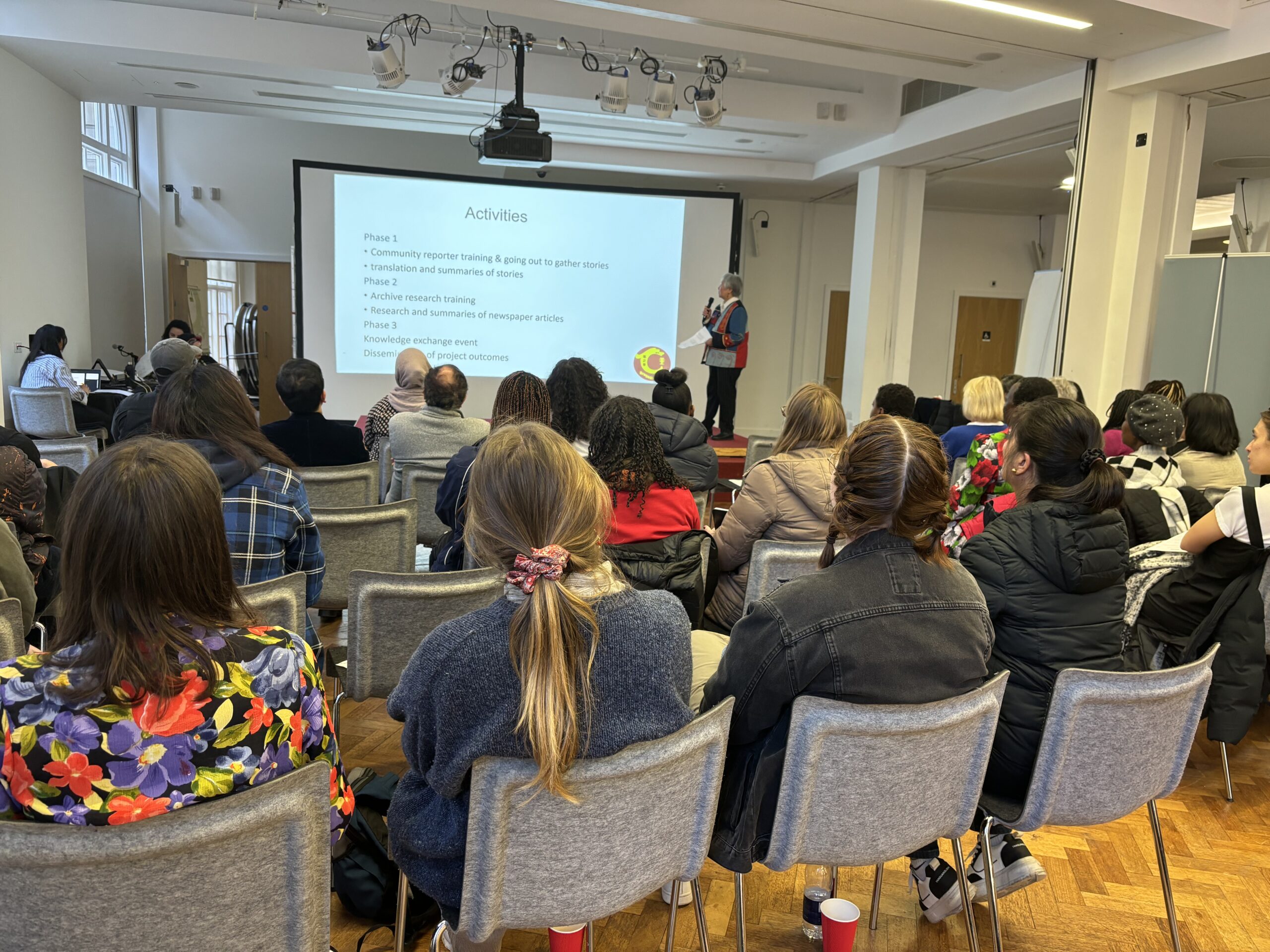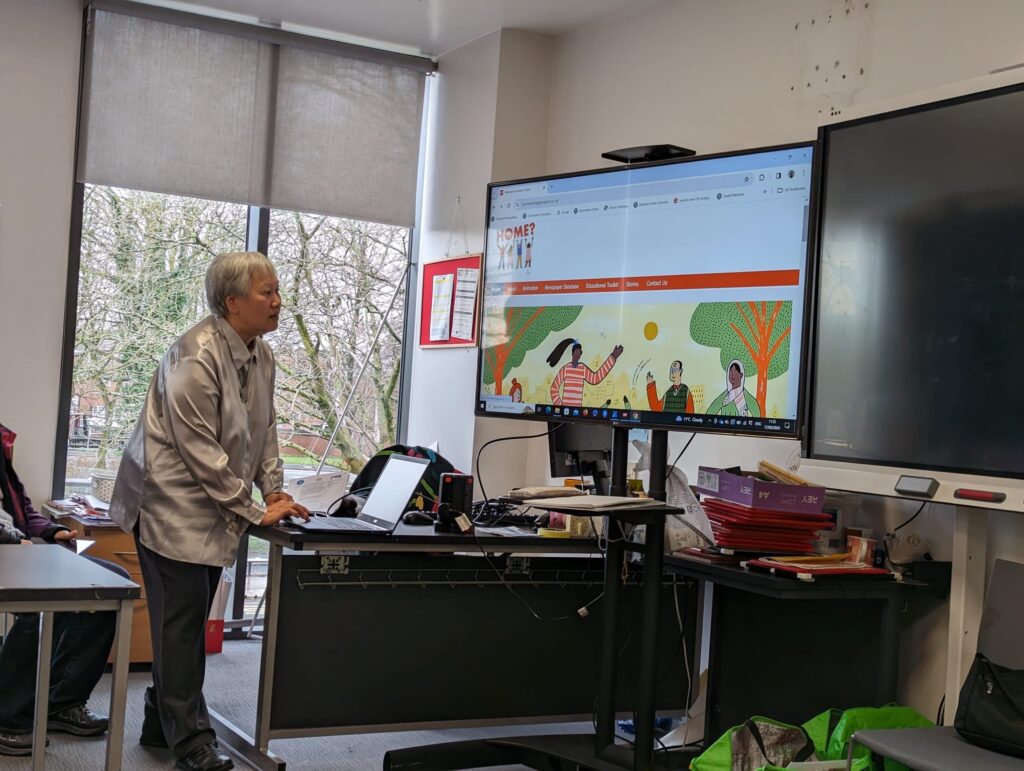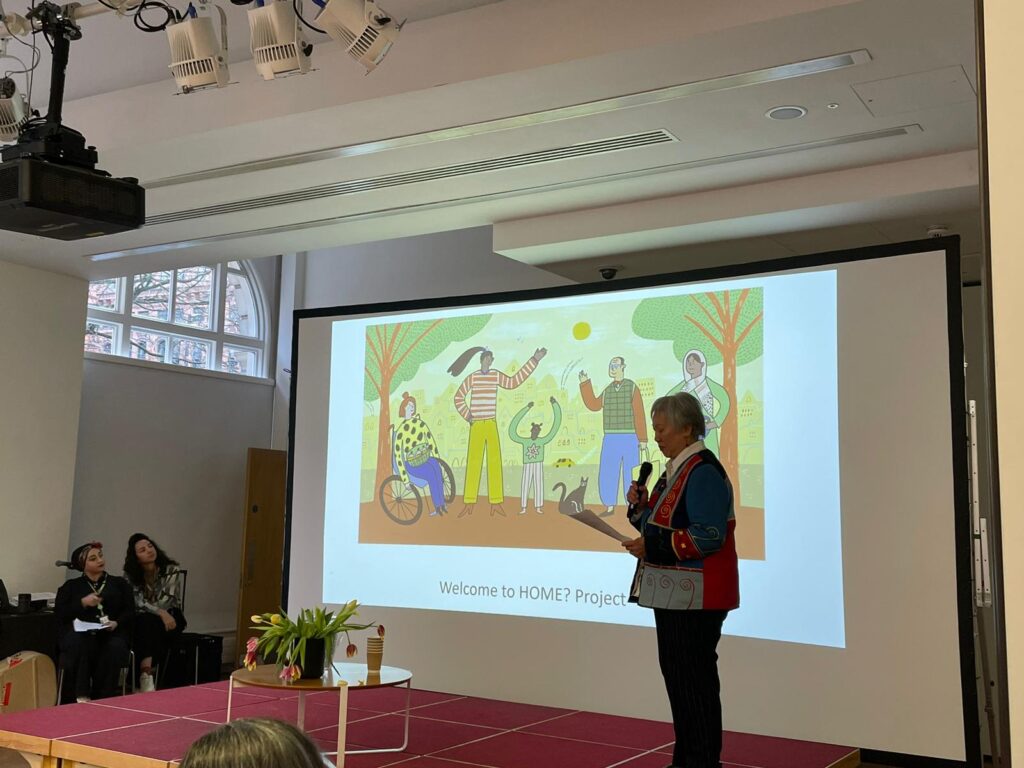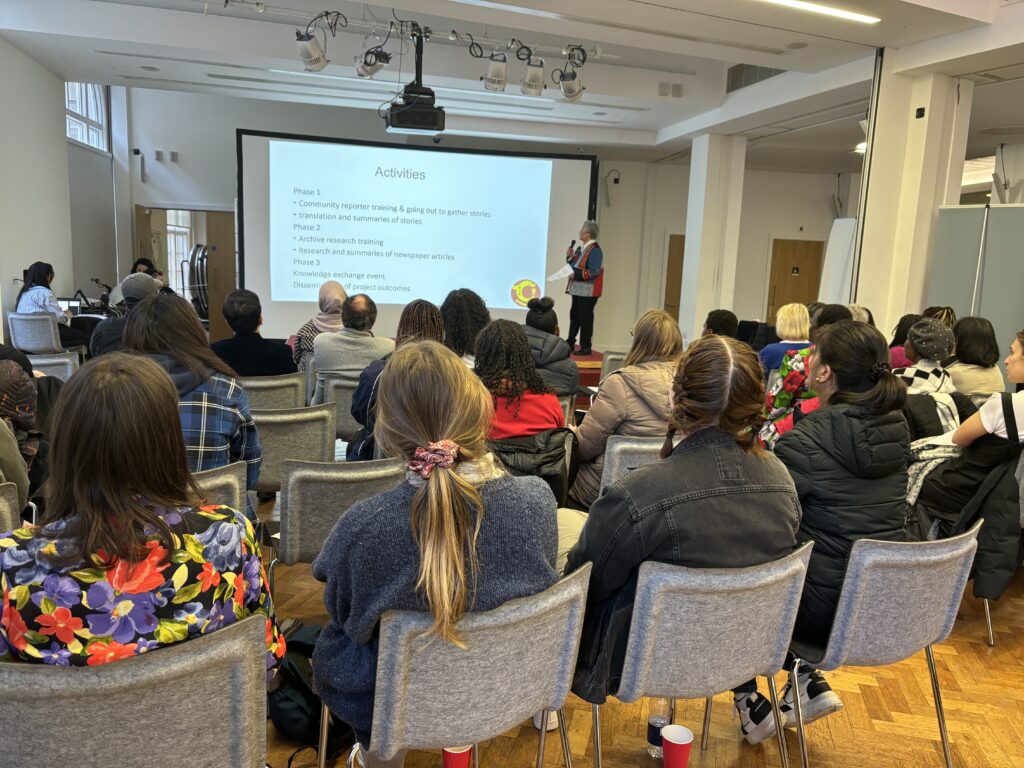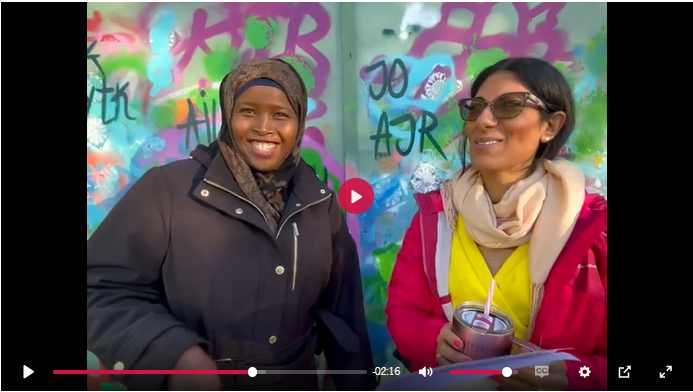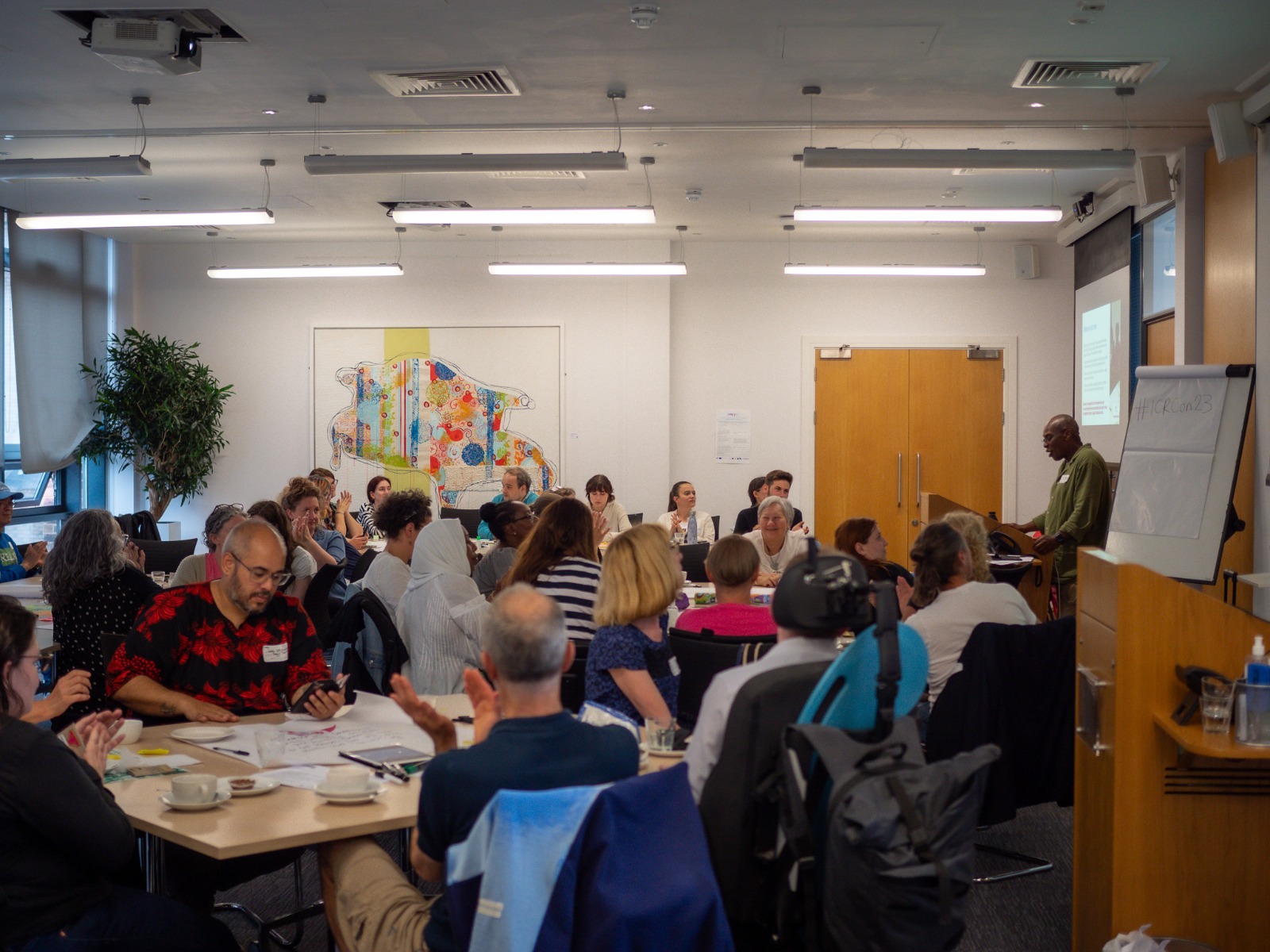PEOPLE’S VOICE MEDIA ARE RECRUITING TRUSTEES – COULD YOU HELP US CHANGE THE WORLD, ONE STORY AT A TIME?
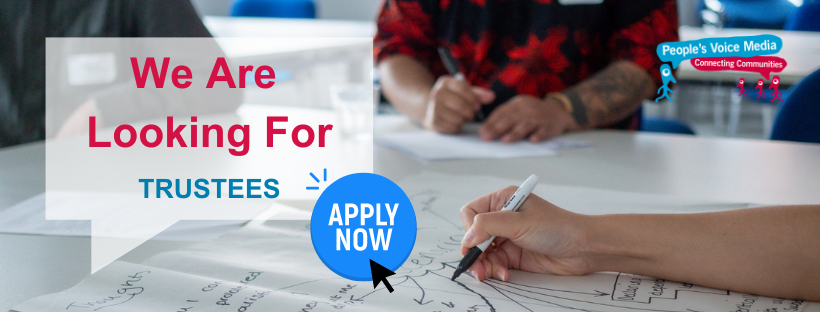
Here at People’s Voice Media we are on a mission to create a just world. We have a vision for a future in which people’s lived experience is heard, valued, and has influence.
About us
We are a charity and company limited by guarantee, founded in 1995. In 2007 we launched the Community Reporting methodology and began to build the Community Reporter Network. Community Reporting is a digital storytelling approach that supports people’s participation in research, policy-making, service development, and decision-making processes. The Community Reporter Network now spans the UK and Europe. It has 50+ active partner organisations from different sectors, and has trained over 2,000 Community Reporters. Our work puts lived experience at the heart of service improvement, policy development, and research practices.
Help us to change the world, one story at a time
As part of this journey, we are looking to recruit 2-3 Trustees who will join an existing Board to continue to provide robust governance to the organisation and support us in achieving our strategic goals.
We are particularly interested in recruiting Trustees with skills/expertise in one or more of the following:
- Charity leadership
- Lived and/or living experience of inequalities and/or injustices
- Strategic communications
- Human resources
- Income generation (particularly for social enterprises/third sector organisations)
We are keen to recruit at least one Trustee who is already a part of the Community Reporter network. We would also been keen to recruit at least one Trustee who would like to progress onto a Chair role within 12 months of joining the Board.
How to apply
- Read the attached document that tells you more about People’s Voice Media, Community Reporting and the Trustee role.
- Attend an online ‘Meet the Team and Board’ session (if you can) – email hayley@peoplesvoicemedia.co.uk for an invite/link:
- 3pm – 4pm, Tuesday 16th July 2024
- 3pm – 4pm, Tuesday 23rd July 2024
- Submit to Hayley on hayley@peoplesvoicemedia.co.uk as up to 2 pages of A4 or 5 minutes of video/audio by 3pm on 16th August that answers the following questions:
- Why do you want to be a trustee at People’s Voice Media?
- What do you hope to gain from your trusteeship at People’s Voice Media?
- What do you hope to offer People’s Voice Media’s Board and the organisation?
How else you can support us
If being a Trustee isn’t right for you at the moment, please could you share this with people you think may be interested in joining us? We are keen to reach people outside of our existing network who could bring new perspectives and ideas to our work.
